Microsoft co-founder Bill Gates in an open letter on his website in December noted that while all levels of government are on the ballot and every year’s elections are important, “the sheer number of people who will vote in 2024 means that the results will have an outsize impact on the future of our world”.
It’s not just the number that makes 2024 elections so significant. The US presidential election will be held the same year as leadership elections in major countries including India, Indonesia, Mexico, South Africa, Pakistan and Britain.
Voters in 27 European Union member states will also decide who represents them in the European Parliament.
Even Russia, China’s “no limits” partner, will hold a presidential election in March, though it’s in name only.
The International Institute for Democracy and Electoral Assistance, a Sweden-based intergovernmental watchdog, said in its annual report that half the world had seen an erosion in democracy in 2022 – the sixth consecutive year when “declines outnumbered advances”.
Analysts said that outcomes in these elections will highlight the global health of democracy. The votes will also either alter or reinforce the current course of economic, political and geopolitical policies in the backdrop of a US-China great power competition.
Elections in 2024 could have a “profound impact on the shape of international geopolitics for years”, Neil Thomas of the Asia Society Policy Institute’s Centre for China said.
In many of these countries, he said, China would feature as a “significant foreign policy issue” – particularly in the US.
Taiwan
The first 2024 election to be closely monitored by proponents of democracy and the liberal world order will be held in Taiwan, the self-ruled island Beijing considers a renegade province to be eventually united with the mainland, by force if necessary.
The January 13 contest between the ruling Democratic Progressive Party, a vocal critic of Beijing, and the mainland-leaning KMT “will provide a valuable demonstration of how highly democracy is still valued – when a determined people are allowed a real choice amid fierce external pressures”, Simon Tisdall, a columnist for The Guardian, wrote last month.
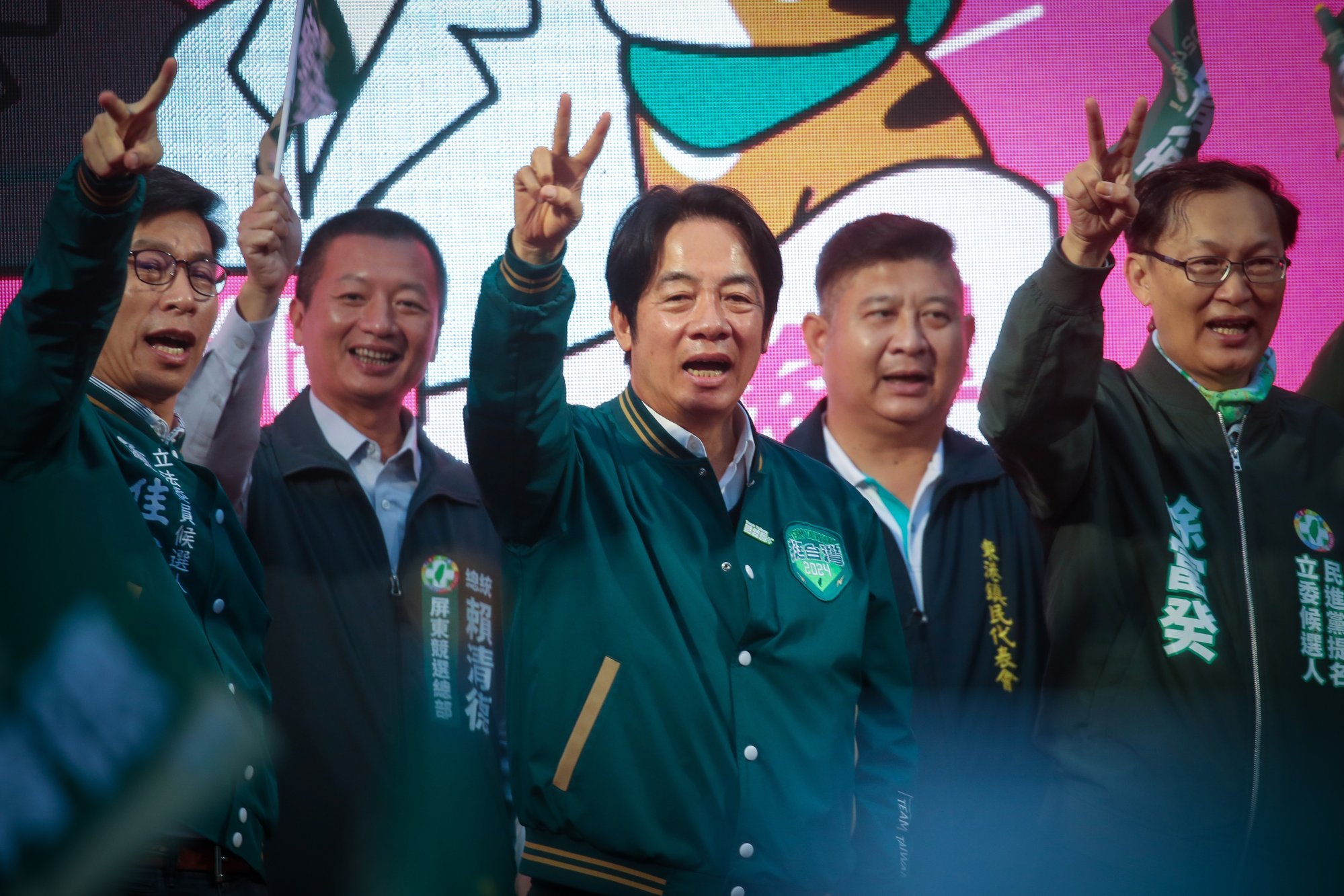
Analysts said that the outcome in Taiwan would also set a broader framework – not just for cross-strait ties but also US-China relations.
Should the DPP win, Thomas contended, Beijing is likely to retaliate through “economic coercion and military intimidation” that could disrupt the “stabilisation” of US-China relations that Biden seemed to have reached during his meeting with Chinese President Xi Jinping in November.
Brunswick, a global advisory firm, predicted that while the White House would look to avoid tensions in East Asia in the run-up to the US elections, bilateral relations with China “could still worsen if elements of the Republican Party encourage a governing DPP to take a more pro-independence stance as an electioneering tactic”.
Most countries, including the US, do not recognise Taiwan as an independent state.
Taiwan elections: Beijing accuses DPP of ‘hyping’ PLA threat to win votes
Taiwan elections: Beijing accuses DPP of ‘hyping’ PLA threat to win votes
A My Formosa survey released on December 26 showed DPP candidate William Lai Ching-te leading, with 40 per cent.
KMT’s candidate Hou Yu-ih holds the second position at 28.9 per cent – an 11-point gap between the top two contenders, the largest so far. Ko Wen-je of the upstart Taiwan People’s Party remained in third place at 17.6 per cent.
Indonesia
Another consequential election in the region will be Indonesia’s on February 14. Since 2020, the resource-rich archipelago has outlawed the export of raw nickel, used in the making of rechargeable batteries.
Indonesia’s ban has spurred Chinese investment in processing facilities in the country, even as Jakarta has also indicated an inclination towards striking a critical minerals deal with the US.
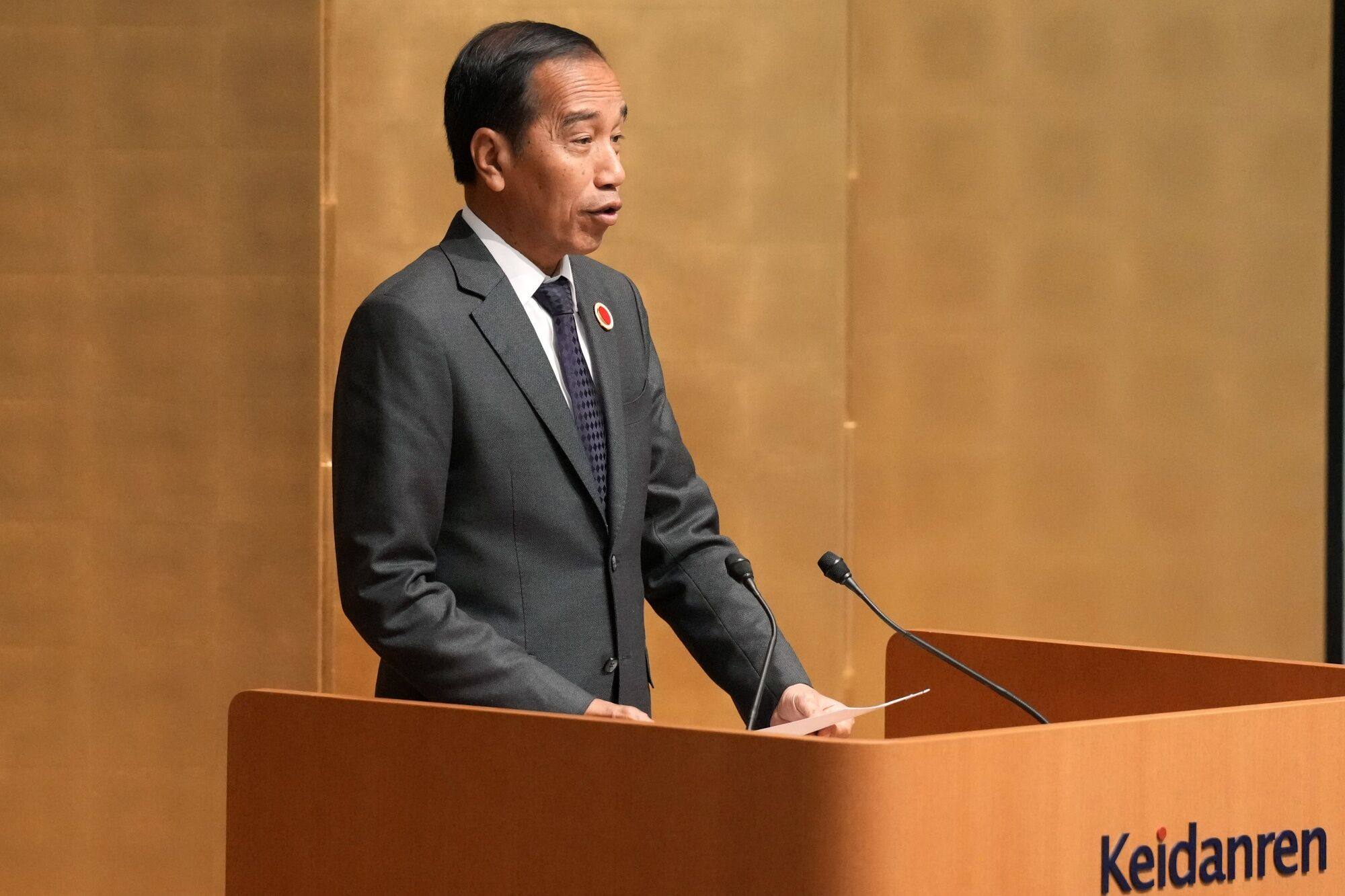
Indonesian President Joko Widodo will be stepping down, having served the two five-year terms he was limited to, though he is expected to remain an influential political figure.
The presidential race has turned into a three-way contest among the country’s Defence Minister Prabowo Subianto, former Central Java governor Ganjar Pranowo and former Jakarta governor Anies Baswedan.
Brunswick’s 2024 election report anticipates that while Indonesia’s relationship with the major powers should continue to be “well balanced”, it remains to be seen whether Widodo’s successor “will pursue more protectionist measures” concerning its natural resources.
In Indonesia VP debate, Gibran spars with rivals over new capital, economic plans
In Indonesia VP debate, Gibran spars with rivals over new capital, economic plans
India
Voters in India, which bills itself as the world’s largest democracy, and is promoting itself as the next global manufacturing hub – challenging China – will head to polls between April 1 and May 31.
The nation, a crucial ally for the US in the region, has been ruled by the Hindu-nationalist Prime Minister Narendra Modi since 2014.
Despite a patchy track record on human rights and press freedom, Modi is expected to win a third term easily, given his popularity and the country’s strong economic performance.
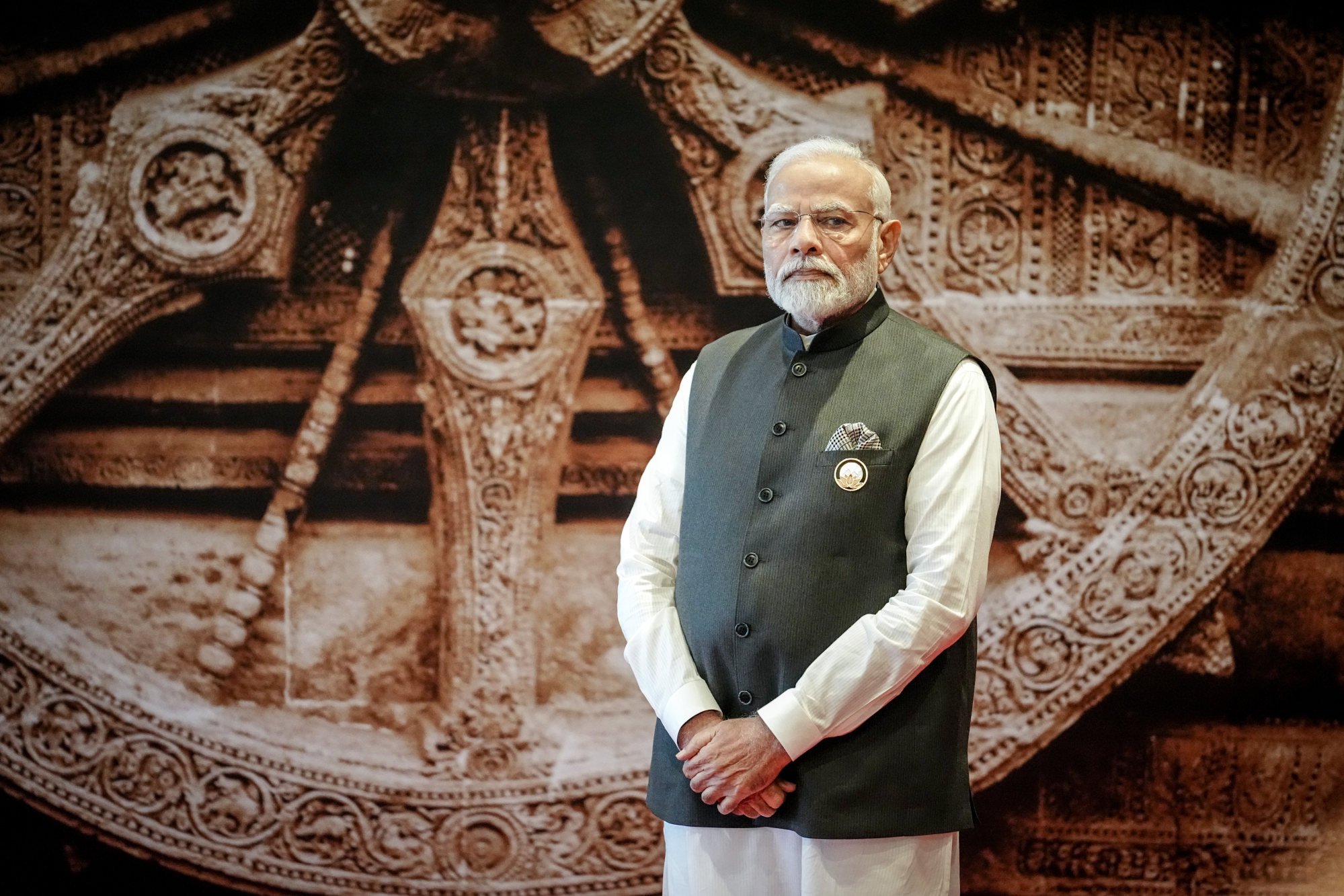
Flint Global said that a third Modi administration would continue to “pursue greater Indian influence internationally” and “present itself as a leader of the developing world”.
“The tension between India and China is likely to grow further, and India’s relationship with the US will develop,” it concluded.
However, the deepening of US-India ties under US President Joe Biden could be stymied if former president Donald Trump wins re-election in November; he has already vowed more tariffs on Indian goods if he assumes power again.
At the same time, New Delhi will continue to pursue what it has called a “mutually beneficial strategic convergence on geopolitical interests” with Beijing’s ally, Moscow.
India’s Modi on track for 5 more years in power after his BJP sweeps state polls
India’s Modi on track for 5 more years in power after his BJP sweeps state polls
Mexico
Come June 2, Mexico, a US favourite for so-called reshoring industries away from China, is likely to elect its first female president.
The ruling National Regeneration Movement party’s candidate, Claudia Sheinbaum, is a protégé of President Andres Manuel Lopez Obrador and was Mexico City’s mayor from 2018 through June.
She will face former senator Xochitl Galvez of the Broad Front for Mexico opposition coalition. It’s not the first time women have run for the presidency, but with both major political sides nominating them, it’s considered a given that a woman will be Mexico’s next leader.
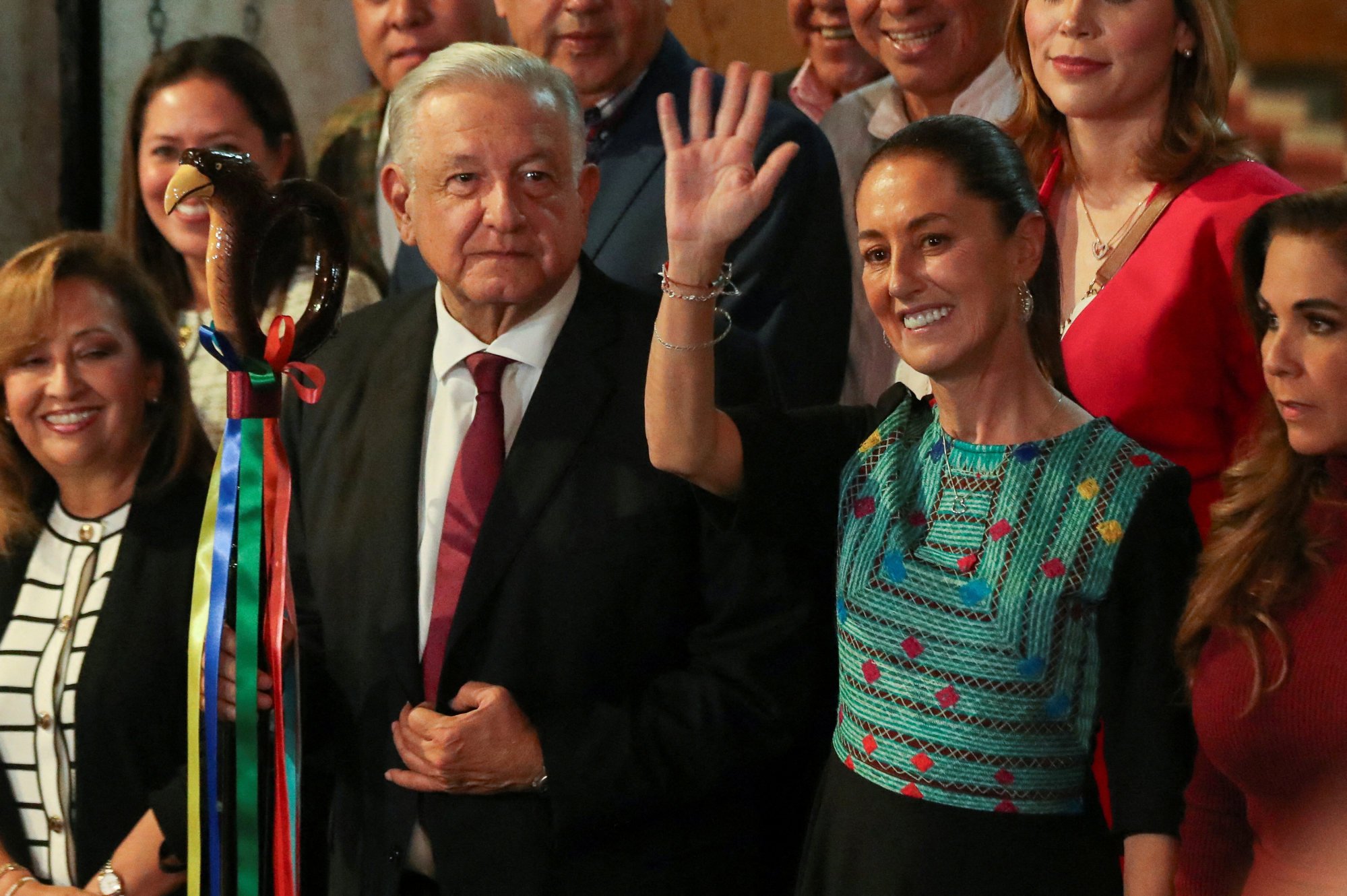
Because Mexican presidents may only serve one six-year term, Mexico and the US both hold presidential elections in the same year only once every 12 years, Ryan Berg of the Centre for Strategic and International Studies noted.
“Although the two countries share much in common through decades of integration, there is also a long history of pillorying each other for electoral gain,” he wrote in Foreign Policy magazine.
And given issues like the US fentanyl epidemic and the immigration crisis on the Mexican-US border, “it is inevitable that the role of each country in the other’s domestic politics will contribute to heightened tensions” this year.
Even with the frictions, Mexico overtook China as the largest US trading partner in 2023. “Green field” foreign direct investment – that is, a company setting up new operations in a foreign country – reached a record US$40 billion in 2022, according to FDI Intelligence.
China sees great potential and room for growth in ties with Mexico: Wang Yi
China sees great potential and room for growth in ties with Mexico: Wang Yi
Moreover, that figure rose by 40 per cent in the first half of 2023 year over year as global realignment steered supply chains away from China.
Regardless of the election’s outcome, Jose Enrique Sevilla-Mecip of S&P Global Market Intelligence said, the Mexican government’s attitude towards nearshoring will continue to “improve” as both presidential candidates have vowed to attract more investment.
European Union
Just a few days apart, major political shifts are expected in Europe following European Parliament elections on June 6-9.
The new composition of the parliament will lead to changes in existing commissioners while top jobs at the European Commission and the European Council will also be up for grabs.
Though European Commission President Ursula von der Leyen could be reappointed, the European Council – which is responsible for defining the overall political priorities of the EU – will get a new leader.
Council President Charles Michel, who has already served two consecutive terms, will hand over to a successor in November.
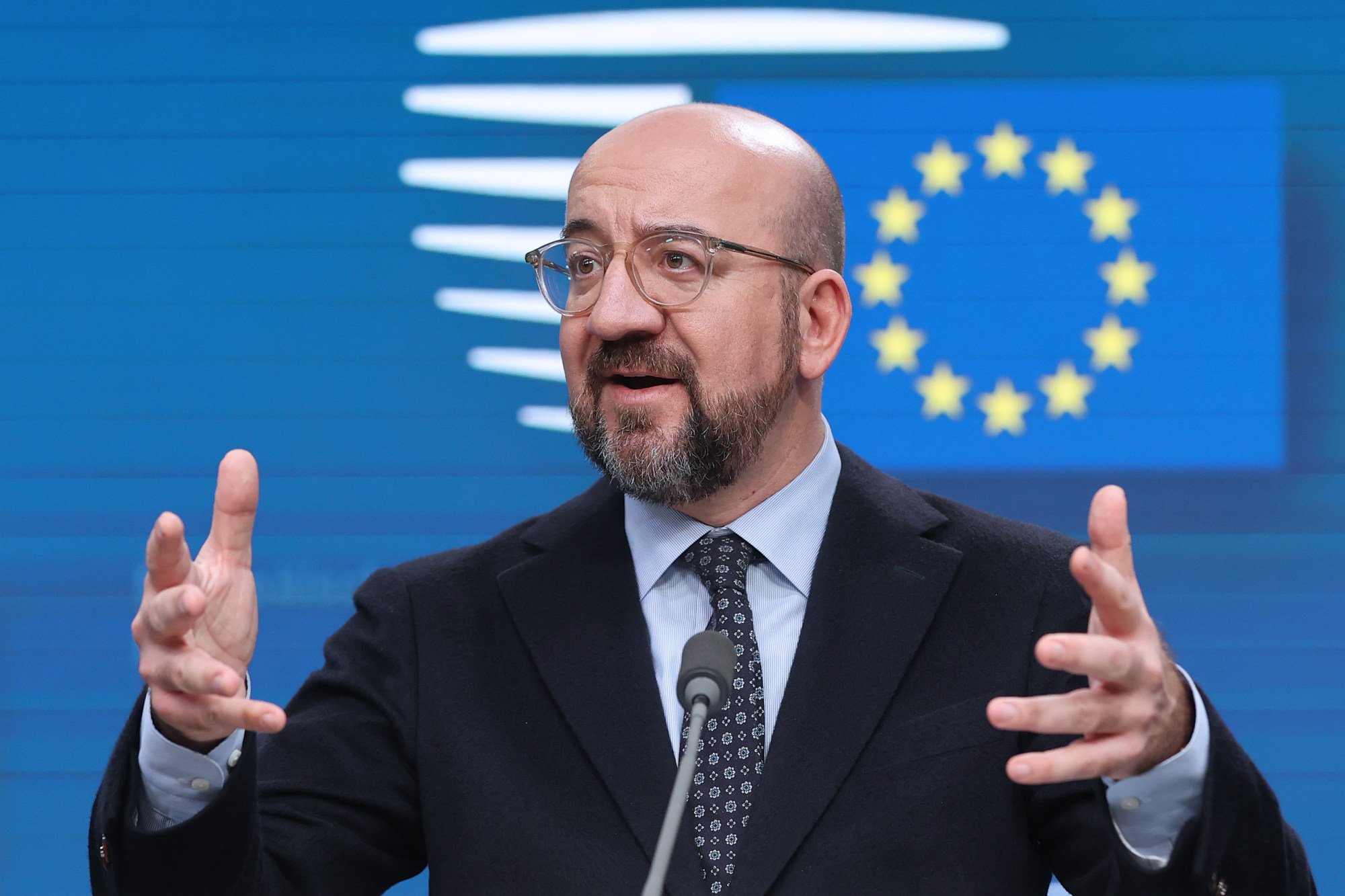
According to Flint Global, “economic security and strategic autonomy will remain headline political objectives” in Europe in response to competition with the US and China, and the uncertainty over the outcome of the US election will “strengthen this case”.
United States
In the US, Donald Trump – the former president who is facing criminal charges relating to his alleged attempt to illegally overturn the results of the 2020 election he lost to Joe Biden – remains the dominant front runner for the Republican nomination.
And President Biden, the Democratic Party leader, remains unpopular because of his age – he is 81 – and gloomy public sentiment concerning the economy. Yet a Trump-Biden rematch looks likely in 11 months, on November 5.
A Trump win, analysts said, would not be good either for democracy, or for Washington’s relations with Beijing and beyond.
What is Trump’s second-term agenda? Revenge, trade wars and mass deportations
What is Trump’s second-term agenda? Revenge, trade wars and mass deportations
“Victory for Donald Trump would create a large amount of uncertainty globally as he could wind back flagship Biden reforms, including the Inflation Reduction Act,” Flint Global, an international advisory firm, forecast in its 2024 political overview.
The report added that rescinding Biden’s policies would “weaken” Western unity and make US policy considerably less predictable on issues like the Middle East and the Ukraine war.
After his inauguration in 2021, Biden declared that “America is back” on the global stage. US support for Ukraine in its war against Russia and a patchwork of alliances in Asia signalled his resolve to maintain American global leadership.
Trump’s return could reverse the trend and renew the “America is leaving” campaign he came to embody.
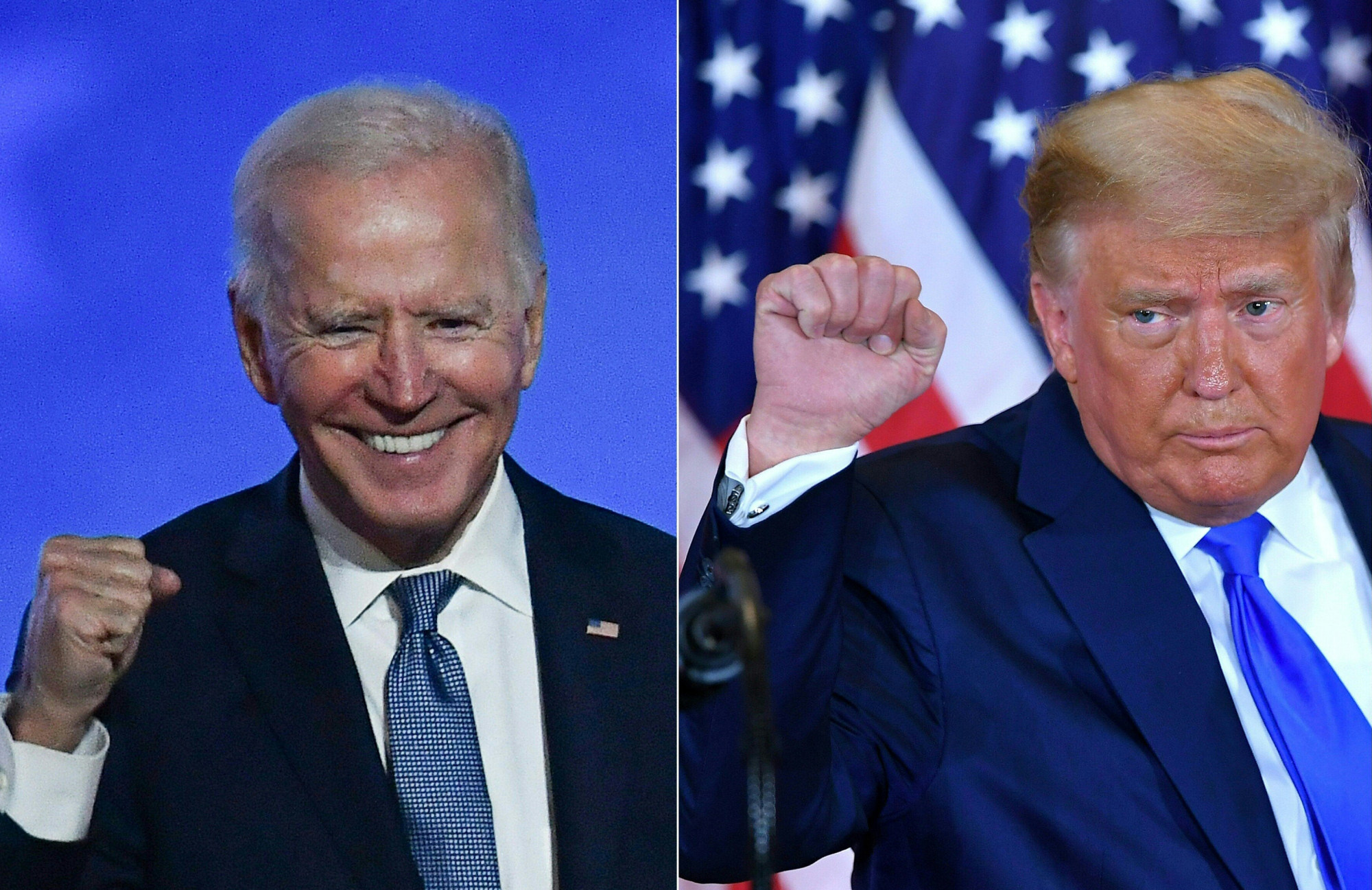
Discussing a possible second Trump presidency, Tom Standage of The Economist told CNN that returning an “election denier” to the White House would be “even worse” for America’s democratic credentials globally.
Thomas noted that Trump has not been very clear about his position on Taiwan either.
“When he was president, Trump suggested that he did not view Taiwan as a major priority. But we do not know how a re-elected Trump would respond to China’s increased assertiveness toward Taiwan,” he said.
“That creates more uncertainty about the future of US-China relations and cross-strait tensions.”








